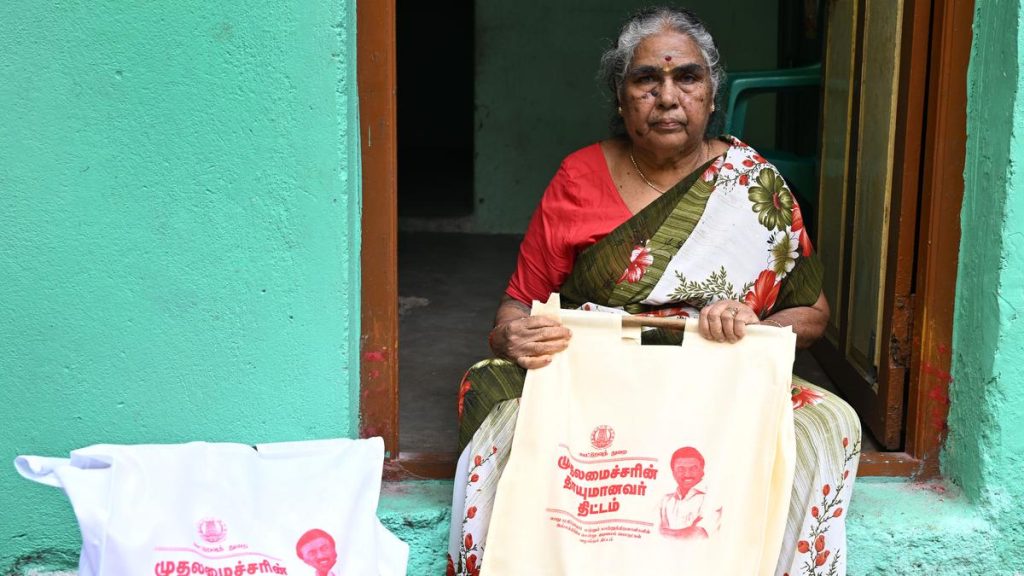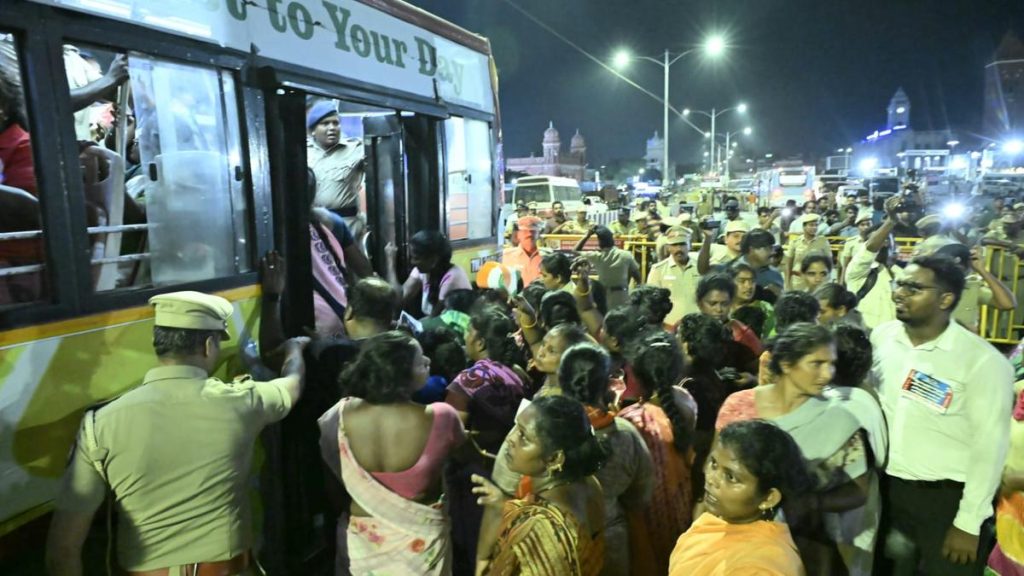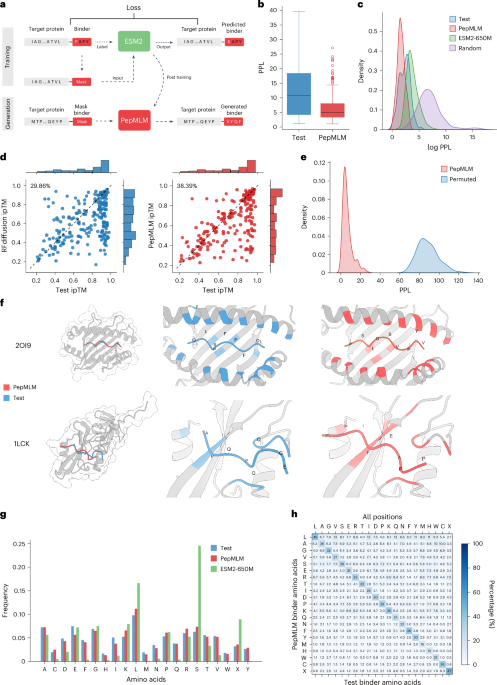Now Reading: FDA Targets Cross-Border Stem Cell Practices in Crackdown
-
01
FDA Targets Cross-Border Stem Cell Practices in Crackdown
FDA Targets Cross-Border Stem Cell Practices in Crackdown
Quick Summary
- The US Food adn Drug Administration (FDA) is reviewing clinical trials that export American citizens’ living cells to overseas laboratories, including those in countries deemed “unfriendly,” such as China.
- Concerns center on genetic data security during the transport and usage of biological material for engineering, with cells later returned to the US for infusion into patients.
- This scrutiny could impact international cell and gene therapy collaborations along with commercial operations involving contract research organizations.
- FDA Commissioner Martin Makary cited CAR-T cell therapy as one treatment potentially affected by this policy change in an official podcast dated June 19.
- The FDA aims to align its actions with past Executive Orders 14117 (from joe biden) and 14292 (from Donald Trump), particularly targeting sensitive genetic research like “dangerous gain-of-function” studies.
Indian Opinion Analysis
The FDA’s move underscores growing global tensions regarding biomedical data security, which has implications for nations involved in cross-border healthcare initiatives. For India-a rising player in biotech innovation-such stringent policies may create challenges for collaborative ventures with american researchers or companies relying on cell-based therapies. Though, it also serves as a reminder for regulatory preparedness and stricter controls over sensitive biological data handling domestically.
India must closely observe such shifts from major regulators like the FDA, as they can influence global biotech practices. With local firms increasingly engaging in medical exports and partnerships with foreign labs, ensuring compliance while safeguarding domestic research integrity will become critical amid heightened geopolitical sensitivities.



























